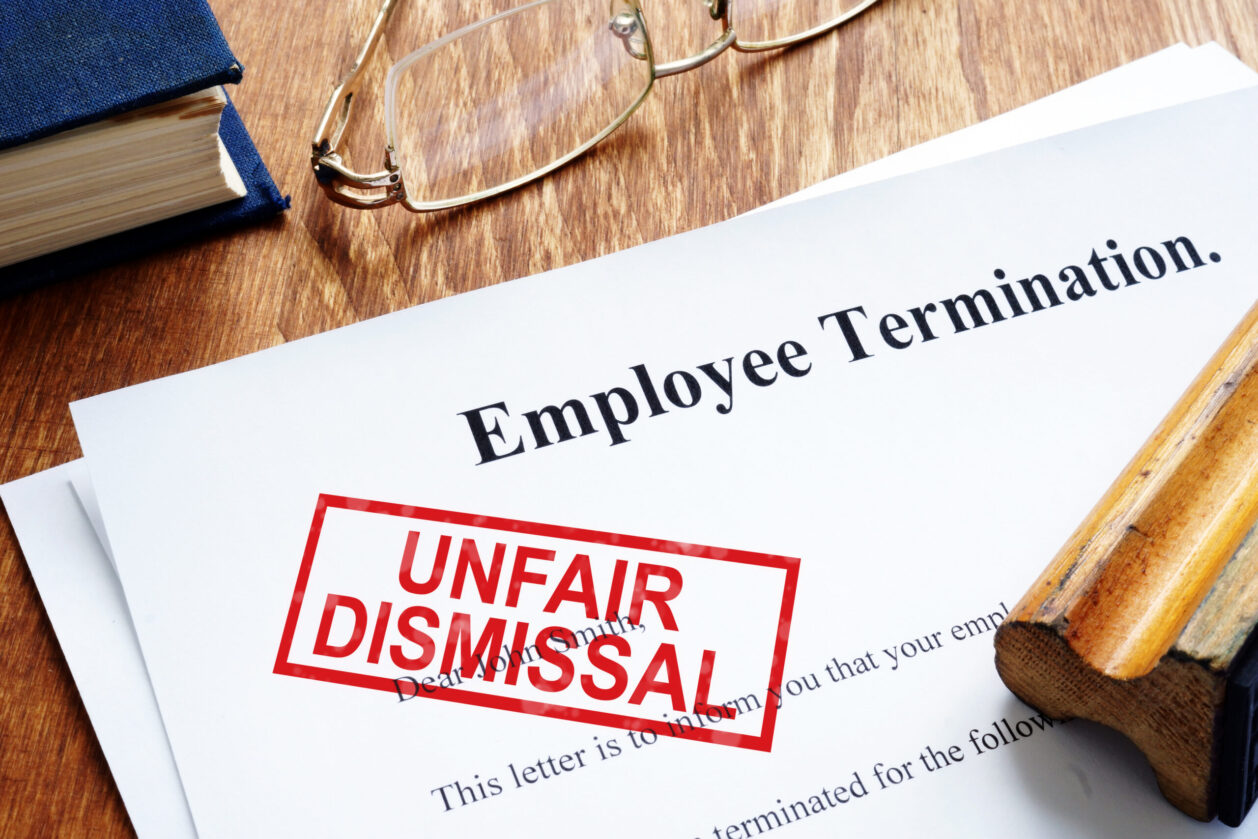The Federal Government will push ahead with more industrial relations reforms in 2023, starting with a consultation period with business group and union leaders.

Employment and Workplace Relations Minister Tony Burke announced the government’s agenda at the National Press Gallery on 1 February 2023, which includes:
- ‘Same job, same pay’ changes to the labour hire industry;
- Reviewing the definition of casual;
- Minimum pay and conditions employee-like work in the gig-economy;
- Criminalisation of underpayments;
- Safety principles and minimum standards for long-haul drivers;
- Introducing a low-cost jurisdiction at the Fair Work Commission to deal with unfair contract disputes for independent contractors;
- Stronger protections against discrimination;
- The need to act on dangers that are becoming more apparent, with respect to silica dust.
CCIWA associate director of Human Resources and Workplace Relations Ryan Martin said: “Some of these changes are likely to create uncertainty and additional complexity for business in addition to the reforms that have already been introduced, however, it is encouraging that the government has committed to consultation this time around.
“We hope this consultation will be genuine and we will be seeking the input of our members during this process. We will continue to hold webinars and provide more information about these changes as they develop.”
Mr Burke said that following consultations with business and unions, the legislation will be introduced in the second half of 2023. He said the consultation period would help the government with “respect to legislation, but also with respect to policy development generally”.
Mr Burke has stated that consultations with the government will be genuine and that if business and unions disagreed with him or the government, “they're not going to suddenly discover they got confrontation”.
“What will happen, though, is different issues will be put where there'll be a case where we think – ‘yeah, we can make that adjustment and it will work better’,” Mr Burke said.
What to expect from some of these proposed reforms?
‘Same job, same pay’ labour hire laws
The government is proposing that workers employed through labour hire companies will receive no less pay than workers employed directly. If the worker is a casual worker, the labour hire business must pay the worker – either the casual loading paid to an employee performing the same duties; or if loading would not be required, a casual loading that at least equals the casual loading for award/agreement employees.
Definition of casual
The Government is seeking to change the recently legislated definition of casual employment, which has the potential to return this area of law to uncertainty and increase the potential for disagreement and litigation.
Minimum pay and conditions employee-like work and the gig economy
Segments of the gig economy will be treated differently – such as services that use apps and technology (e.g., Airtasker, Uber, Deliveroo etc.) versus a contractor who runs small business. Reforms will likely aim to bring minimum pay and working conditions of the technology of gig work to be in line with that of ‘traditional’ industries.
Penalties for underpayments
During his National Press Gallery address, Mr Burke confirmed underpayments will be addressed in three categories: (1) people who inadvertently make an honest mistake; (2) the incident might not have been deliberate but was reckless, to the extent of making minimal effort to do proper checks and have the capacity to do so; (3) people who are deliberate in their intent to steal from or underpay employees.
Mr Burke said the third category would most likely carry criminal penalties, including the possibility of prison time.
Do you need help with the IR changes?
Our Employee Relations Advice Centre is also available to respond to your questions on (08) 9365 7660, or via [email protected].






